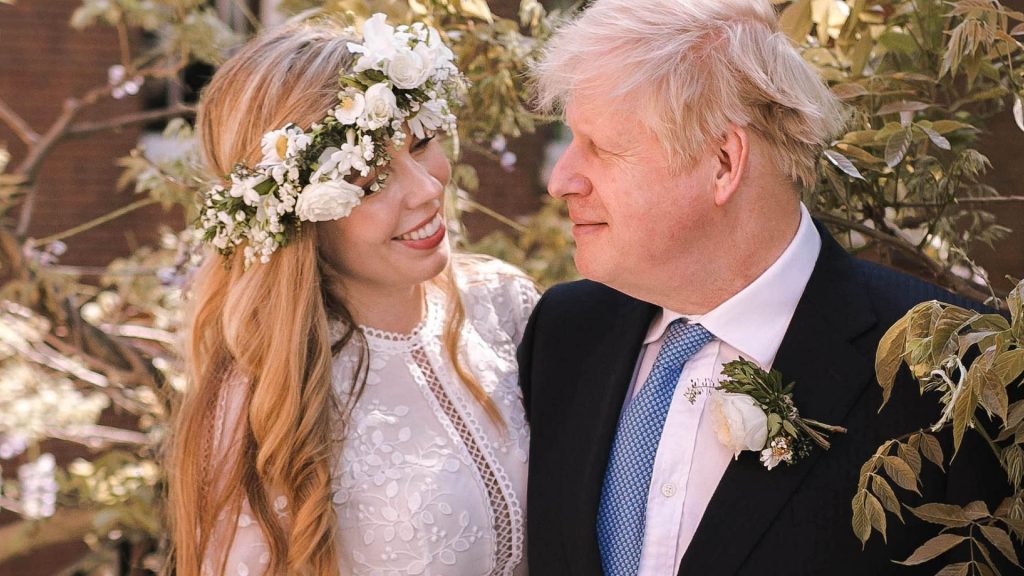
Fleet Street reacts to Paul Dacre’s thwarted Ofcom ambitions
Paul Dacre always kept a studiously low profile when he was editor of the Daily Mail, but his name appeared in the news pages of the Mail on Sunday over the weekend in a piece that savaged Sir Nick Clegg, the public face of Facebook, for allegedly trying to frustrate his ambitions to take charge of the broadcasting watchdog Ofcom.
“The Paul I knew and admired was proud to be a fiercely independent journalist, but this shows he’s now transitioned into a government lackey,” one Daily Mail veteran tells me. “It’s very sad, but it shows why so many of his friends from old Fleet Street are falling away.”
One of the most conspicuous and perhaps unlikely of these is Alan Rusbridger, pictured. While he was editor of the Guardian, Rusbridger would often dine with Dacre and his wife Kathy as they were near neighbours in north London.
“Paul would periodically get Alan to write for the Daily Mail and would talk affectionately about him in editorial conferences,” adds my source. “It was a real bromance and Paul was even happy to publicly acknowledge that Alan was ‘a very gifted journalist’.”
Rusbridger has since mournfully intoned that when the 72-year-old Dacre was a working editor, he’d have had nothing to do with such a “stitch-up” at Ofcom and has described the prospect of the Mail man in the post as “what an oligarchy looks like”.
Dacre is very much Boris Johnson‘s preferred candidate to take over at Ofcom, and, after one independent panel decided he wasn’t the man for the job, Johnson appears to be now trying to find a less independent panel that will nod him through.
My Mail contact says that Dacre has been spending a lot of time lately brooding on his estate on the British Virgin Islands about the “second act” of his career, and, with no other job offers forthcoming, that’s become either the Ofcom post or nothing.
For good measure, Dacre’s old friend Lord Blunkett was enlisted, too, to write a piece for the Mail on Sunday – the only one of Lord Rothermere‘s national titles where its editor answers directly to Dacre – suggesting Clegg had become at Facebook “the liberal face of a profoundly illiberal organisation”.
Plan B
Dominic Cummings‘ assertion that there was no plan in place to deal with a global pandemic did not go down well at Porton Down, the home the MoD’s top secret Defence Science and Technology Laboratory.
“That is the whole reason we have Porton Down, where they’ve long recognised that a pandemic is the number one threat on the National Risk Register,” says my man in Whitehall. “It so happens the whole idea for furloughing staff was thought up there, in conjunction with the Treasury, after the Foot and Mouth crisis in 2002.
“After that, they war-gamed a lot of potential pandemics and actually shared their ideas with Europe, Singapore, the Gulf States etc. Ironically, some of them ended up putting Porton Down’s ideas into practice and looked back at us mystified, not understanding why weren’t doing what we’d advised them to do.
“It’s precisely because they saw a pandemic as inevitable that Public Health England was relocated to Porton Down, as they knew they would have to work together when a pandemic hit. Take it from me, there was a plan in place, but, when Cummings denied that there was one, it was only because they ended up with nothing that was salvageable, after they’d missed all the crucial decision points.”
Unlikely guest
My experience of my old Daily Telegraph colleague Boris Johnson is that he doesn’t have friends, merely interests. People are there for his use and disposal. It may well be, however, that his friendships from prep school and Eton buck this constant character trend.

For who was it that I spotted among the guests at his wedding, but Hugo Dixon, Johnson’s classmate from days of yore. Odd to see him getting one of the tiny number of invites and sporting, to boot, an attention-grabbing gold waistcoat that all but outshone the dress worn by the bride Carrie Symonds, pictured.
For those that worked alongside Dixon in the People’s Vote campaign, and heard him endlessly raging against Brexit and Johnson’s role within it, the spectacle was hard to compute. But perhaps Eton blue blood is thicker than anti-Brexit water.
And at least now Dixon will have some gossip for his next lunch with the business tycoon Roland Rudd, whose machinations were blamed for helping the People’s Vote campaign implode at a time the country needed it most.
Warning: Illegal string offset 'link_id' in /mnt/storage/stage/www/wp-includes/bookmark.php on line 357
Notice: Trying to get property 'link_id' of non-object in /mnt/storage/stage/www/wp-includes/bookmark.php on line 37







